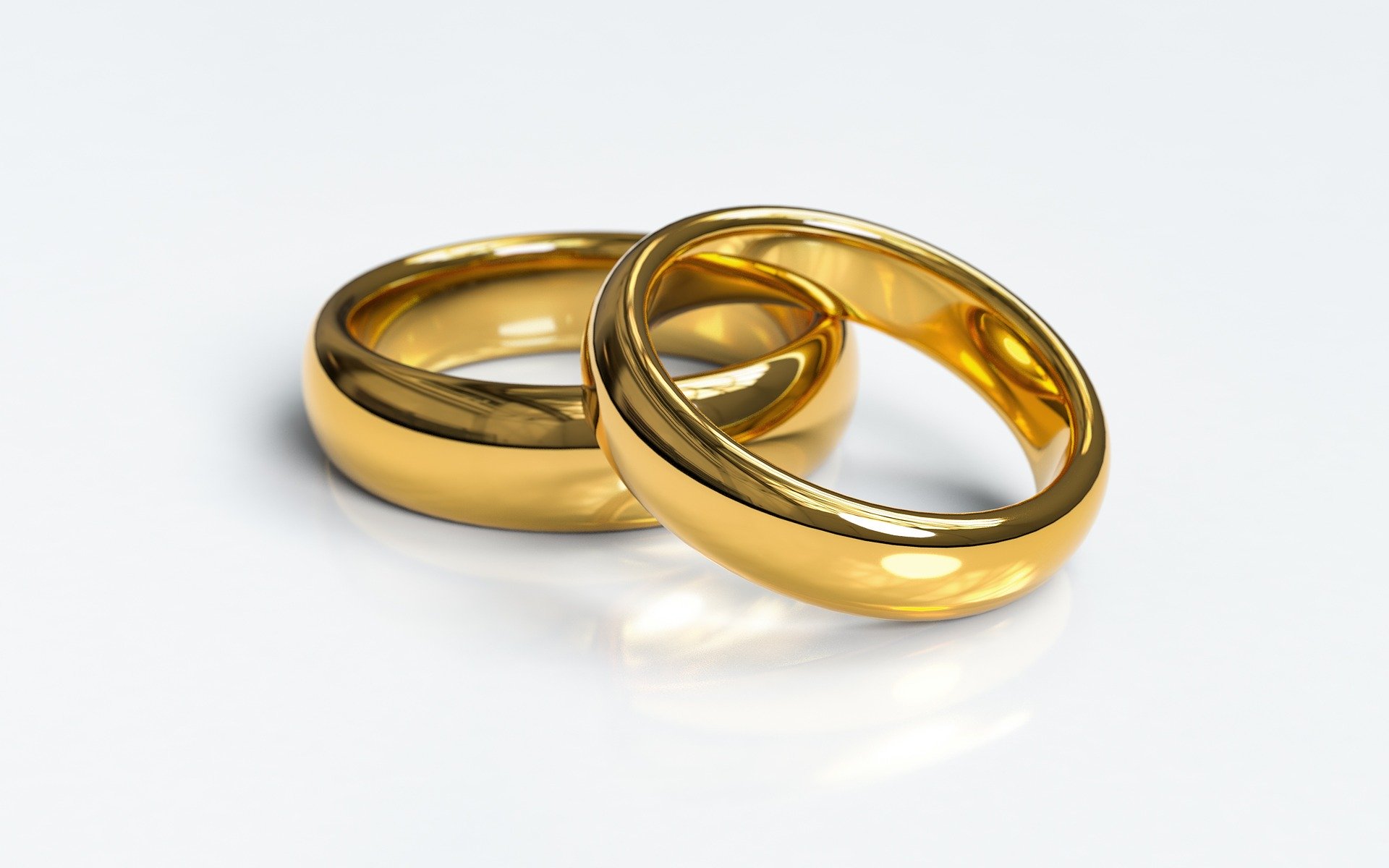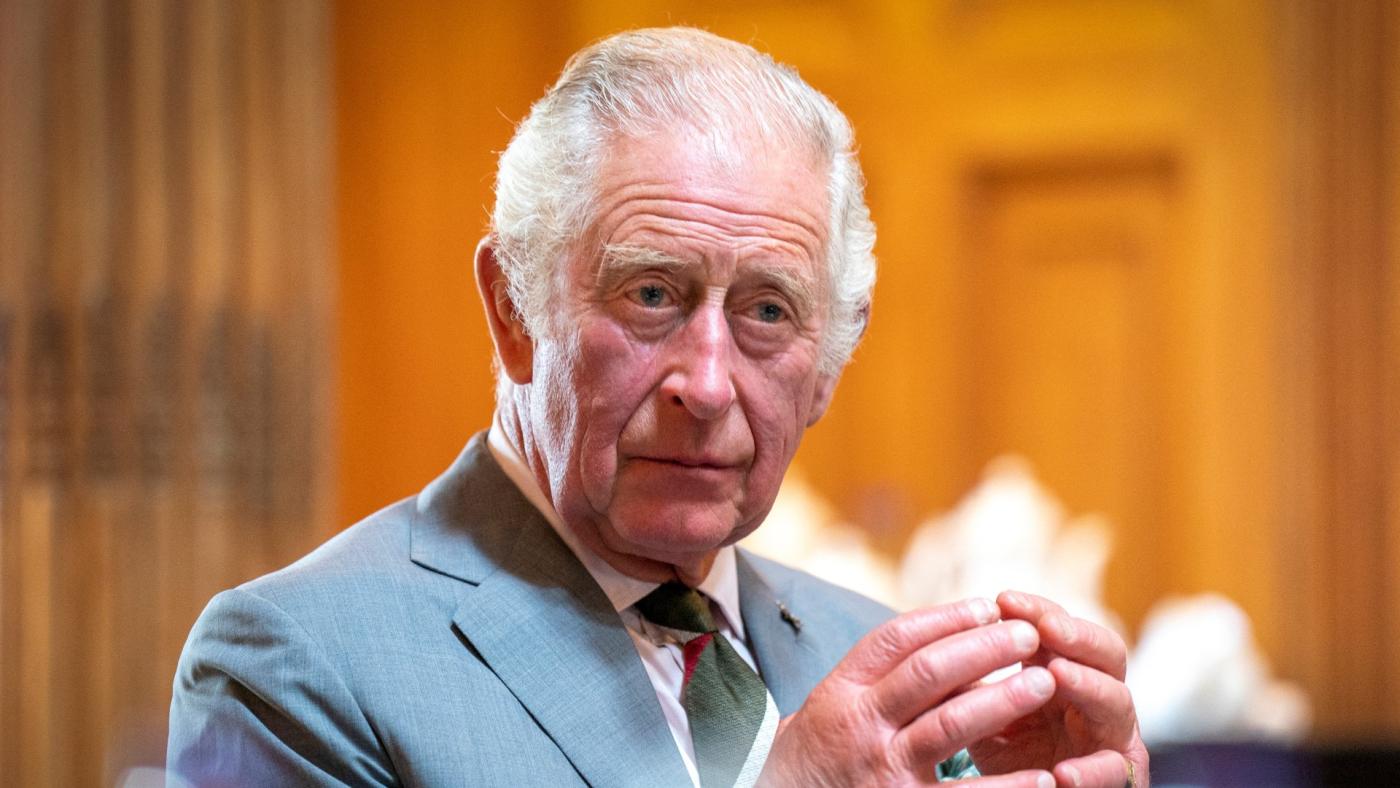The United Kingdom’s Court of Appeal has reversed a court judgement of 2018 which ruled that a couple’s Islamic “nikkah” ceremony fell within English marriage law, and therefore could legally divorce.
The case involves Nasreen Akhter and Mohammed Shabez Khan, who had an Islamic wedding ceremony in 1998 in the presence of an imam and about 150 guests. Despite Mrs Akhtar, raising the issue often, no civil ceremony took place during their time together. Upon their separation in 2016, Mrs Akhtar made a divorce petition, which Mr Khan then tried to block on the grounds that they have never been legally married.
Mrs Akhter argued that their Islamic faith marriage was valid, as was consequently her application for divorce. This therefore would entitle her to the same legal protection and settlement offered in the UK to legally married couples.
The initial judgement stated that since the couple held themselves and presented themselves to the world as husband and wife, their union should be recognised because the vows they took held similar expectations to that of a British marriage contract, and that it fell within the 1973 Matrimonial Causes Act.
However the Court of Appeal overturned this decision, describing the marriage as an “invalid” non-legal ceremony because the wedding was a “non-qualifying ceremony.” This is because it was not performed in a building registered for weddings, no certificate had been issued and no registrar was present, and therefore the parities were not marrying under the provisions of English law. Since there was the intention to have a further civil ceremony, this was also used as evidence in the judgement as showing awareness by the couple that the Islamic marriage had no legal effect in the UK.
This case highlights the “legal” limbo of a lot of Muslim women in the UK. A survey undertaken in 2017 for the Channel 4 Documentary ’The Truth About Muslim Marriage’ found that almost all married Muslim women in the UK had an Islamic marriage, but the majority, nearly two-thirds, did not have a separate civil ceremony. This means that while these marriages have a religious meaning, they have no legal status under English civil law. If these marriages fall apart, Muslim women who have had only a Nikkah (Islamic marriage), have no recourse in the civil justice system; would not be able to go to the family court for maintenance and a share in the family home or other matrimonial assets that are in the husband’s sole name; and may be left without any financial support.
In 2018, an independent review of sharia councils, instigated by then home secretary Theresa May, also found that a significant number of Muslim couples did not register their marriages under civil law, and “some Muslim women have no option of obtaining a civil divorce”. It therefore recommended that Muslim couples have a civil marriage as well as a religious ceremony to give women protection under the law.
The reverse in judgement confirms the non-recognition of nikkah under UK civil law, and serves as a further incentive to civilly register the marriage, with may calls from within the Muslim communities, to couples to seek a civil ceremony.
Sources
https://www.rt.com/uk/480877-islamic-marriages-invalid-english-law/
https://www.bbc.co.uk/news/uk-england-london-51508974
https://www.theguardian.com/world/2020/feb/14/islamic-faith-marriages-not-valid-in-english-law-appeal-court-rules






